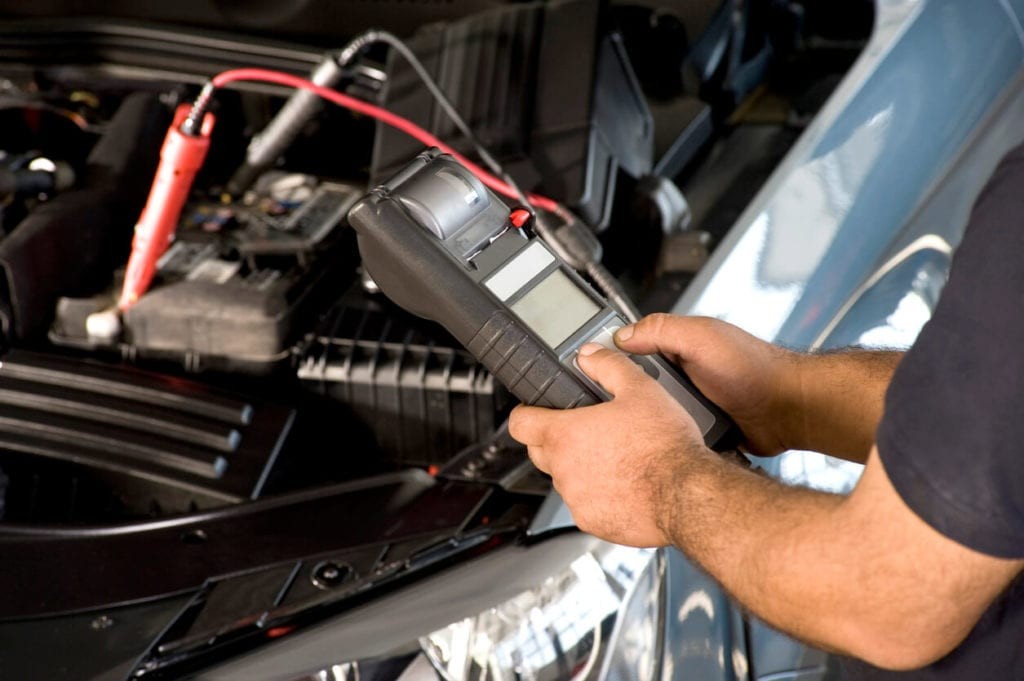A car refusing to start can be incredibly frustrating. While modern vehicles are increasingly sophisticated, they don’t always give clear warnings about starting problems. Corrosion, often overlooked, can play a significant role in preventing your car from starting. This article explores the top reasons why your car might not start, focusing on how corrosion contributes to these issues.
Top 10 Reasons Your Car Won’t Start
There are numerous reasons why your car might not start. Here are ten common culprits:
1. Dead Battery
A dead battery is the most frequent cause of a no-start. While batteries can die suddenly, a slow crank often indicates a weakening charge. Leaving lights on, loose wiring, age, or defects can drain a battery.
2. Corroded Battery Terminals
Even with a functional battery, corroded terminals can prevent the necessary electrical connection for starting. Corrosion appears as a white or greenish buildup on the battery posts and clamps. This buildup acts as an insulator, disrupting the flow of electricity.
Cleaning corroded battery terminals is crucial. A mixture of baking soda and water, applied with a wire brush, can effectively remove corrosion. Always wear gloves to protect your hands from battery acid.
3. Faulty Alternator
The alternator charges the battery and powers the car’s electrical system. A failing alternator often leads to slow cranking, dimming headlights, and eventually, a dead battery. This happens because the alternator can’t replenish the battery’s charge while the engine is running. A worn or slipped serpentine belt, which drives the alternator, can also cause similar issues.
4. Worn Spark Plugs
Worn spark plugs can cause difficulty starting, rough idling, poor acceleration, and misfires. Spark plugs ignite the air-fuel mixture in the engine cylinders, and their deterioration hinders this process. Replacing spark plugs around the 100,000-mile mark is generally recommended.
5. Failed Ignition Switch
The ignition switch activates the starter motor and other electrical components needed for starting. A faulty ignition switch might result in no engine cranking, flickering dashboard lights, or difficulty turning the key.
6. Failed Starter Motor
The starter motor cranks the engine to initiate the combustion process. A clicking sound when attempting to start often indicates a failed starter. A failing starter may produce no sound at all preventing the engine from cranking.
7. Clogged Fuel Filter
A clogged fuel filter restricts fuel flow to the engine, hindering combustion and preventing starting. The fuel filter prevents contaminants from reaching the engine but can become clogged over time.
8. Failed Fuel Pump
The fuel pump delivers fuel from the tank to the engine. A malfunctioning fuel pump disrupts this process, leading to starting problems and poor engine performance.
9. Empty Fuel Tank
While seemingly obvious, running out of gas is a common reason for a car not starting. Modern cars provide low fuel warnings, but these are estimates and shouldn’t be relied upon completely. Consistently driving with low fuel levels can also damage the fuel pump.
10. Electronic Malfunctions
Modern cars rely heavily on electronics. Issues with key fobs, immobilizers, and other electronic components can prevent the engine from starting. A dead key fob battery is a simple fix, but other electronic malfunctions may require professional diagnostics.
Conclusion
A car not starting can stem from various issues, ranging from a simple dead battery to more complex component failures. Corrosion, particularly on battery terminals, can significantly contribute to starting problems. Regularly inspecting and cleaning battery terminals is a preventative measure that can help avoid this issue. If your car won’t start, troubleshooting these common causes can help pinpoint the problem and get you back on the road.

